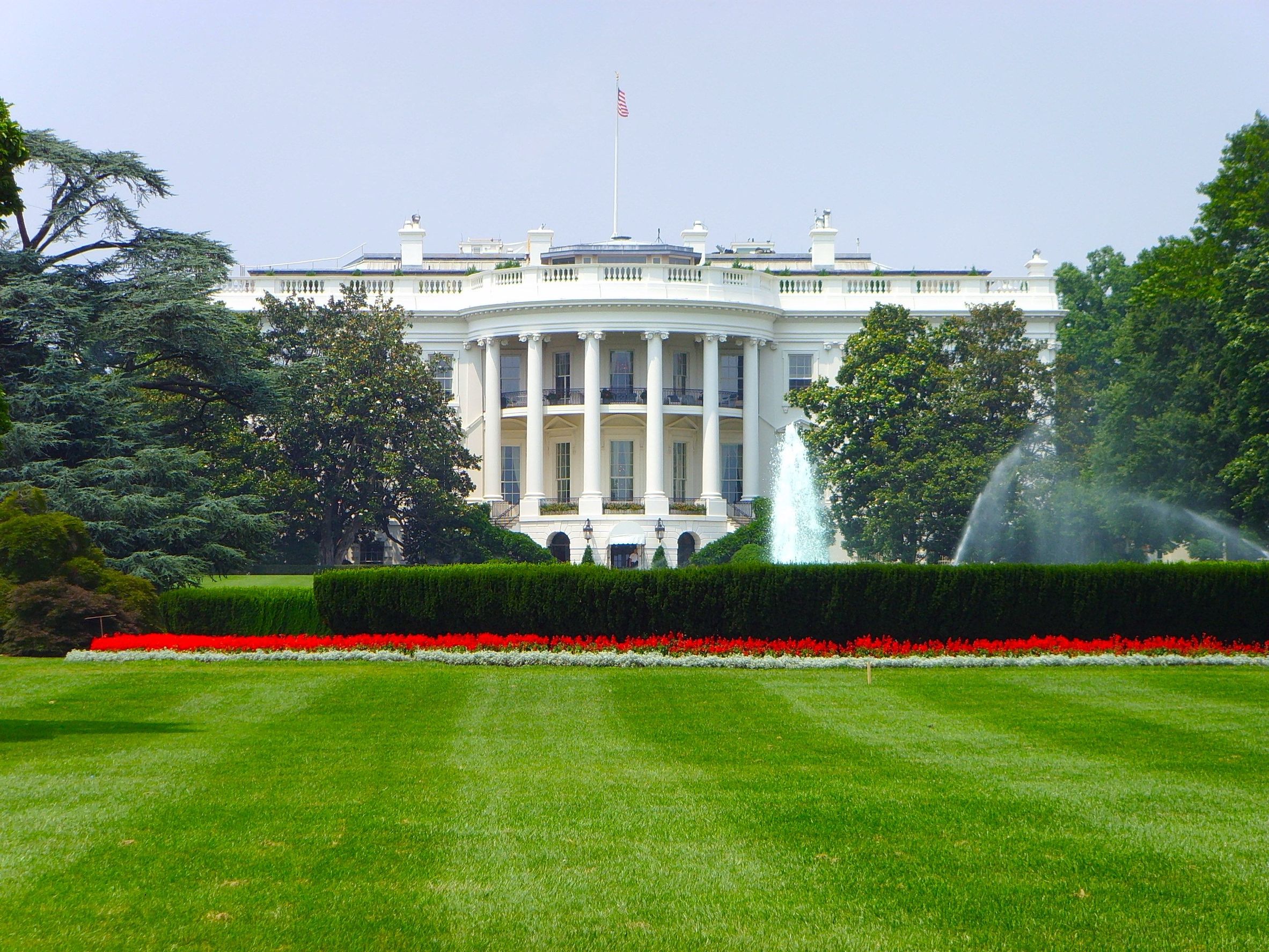In the twilight of his eight-year term, George W. Bush is the loneliest guy in town these days. Remember him? With the economy in the tank, the Iraq War dragging on with casualties at 2004 levels (which we were all horrified about back then), Bush’s popularity is in the cellar and holding. Republican presidential candidate John McCain is running away from him faster than an Alaskan snow machine. The media has all but forgotten him, as it covers what the two aspirants to replace him have for breakfast, lunch, and dinner each day.
But historians will not forget him and the few journalists who are still paying attention to him are asking if he is the worst president in history. Although hard to believe, the answer is probably no.
True, Bush has failed to catch or kill Osama bin Laden and Ayman al-Zawahiri, the al Qaeda leaders who perpetrated the 9/11 attacks, because he got diverted into occupying two Muslim countries in which they are unlikely to be hanging out. Although such occupations (“nation-building” if a Democratic president were doing it) are billed as a necessary part of the “War on Terror,” they have merely inflamed Islamic radicals around the world and increased their terrorist attacks. Maybe even more important, Bush’s War on Terror has also undermined the cherished American system of government by unconstitutionally suspending habeas corpus; enhancing government surveillance of the American public, including unconstitutional spying without court-reviewed warrants; practicing torture; and distorting the constitutional checks and balances by expanding the authority of the already imperial presidency. Yet it could be argued that several other presidents have done worse things.
Although Bush lied us into a war, many presidents have done that, and he appeared to have at least some vague conception that it was in U.S. security interests to do so (even if safeguarding U.S. oil supplies was the real reason). In 1846, President James Polk lied to Congress in starting a war with the much weaker Mexico just to blatantly grab huge amounts of its land—the American Southwest, including California.
In 1898, President William McKinley attacked the frail Spanish Empire to grab its colonies of Cuba, Puerto Rico, and the Philippines. He annexed Hawaii to boot. Strangely, the Filipinos were not so grateful about their “liberation” from Spain. They started a guerrilla war when they found at that instead of gaining their independence, they were going to become the anti-colonial United States’ first colony. In the U.S. repression of the insurgency in the Philippine islands, about 200,000 Filipinos died from torture, atrocities, combat, starvation, and disease. The Spanish-American War made the U.S. a military power and began the long quest for an U.S. overseas empire. The war also allowed McKinley to become the first modern president—that is, permanently expanding the president’s powers (vis-à-vis the other branches of government) past what the nation’s founders and the Constitution had ever envisioned.
In making the world safe for war, autocracy, and colonialism, President Woodrow Wilson helped ensure that the 20th century was the bloodiest in human history. Although the late U.S. entry into World War I tipped the balance in favor of the allies, Wilson frittered away his negotiating power in the post-war peace conference by allowing the British and the French to impose a harsh peace on the defeated Germany in order to get their support for his feckless League of Nations. The allies grinding Germany’s nose in the dirt brought Hitler to power and caused World War II. Wilson also paid the Provisional Government in Russia to stay in the bloody World War I, thus causing the revolution that brought the anti-war Bolshevik party to power. Wilson then sent U.S. troops to try to defeat the Bolsheviks in the Russian civil war, which contributed to the suspicious that caused the eventual Cold War with the Soviet Union. Wilson, the most interventionist president in U.S. history, also conducted many military interventions in Latin America, mostly to help U.S. business interests. He also was the first president ever to mobilize the entire U.S. economy for war and was thus the father of permanent big government. Wilson’s violations of civil liberties during World War I were the worst in U.S. history and make Bush’s look fairly mild.
Although the United States went back to its wise traditional foreign policy of military restraint during the interwar period, Harry Truman brought back Wilsonian interventionism permanently after World War II. Truman set very bad precedents by purposefully bombing to kill hundreds of thousands of civilians in World War II and the Korean War; unconstitutionally fighting the Korean War without a formal declaration; creating the military-industrial-complex that led to the first large permanent peacetime army in U.S. history; expanding his powers as commander in chief by attempting to seize private steel mills; and establishing the current informal U.S. empire of overseas alliances and military bases, foreign aid, and profligate U.S. military interventions to police that realm. In other words, Truman permanently buried the traditional U.S. foreign policy of military restraint.
Make no mistake. George W. Bush has been a horrible president and is one of the worst in U.S. history. But of the 42 men who have served as president, these four men—Polk, McKinley, Wilson, and Truman—were probably worse.

















